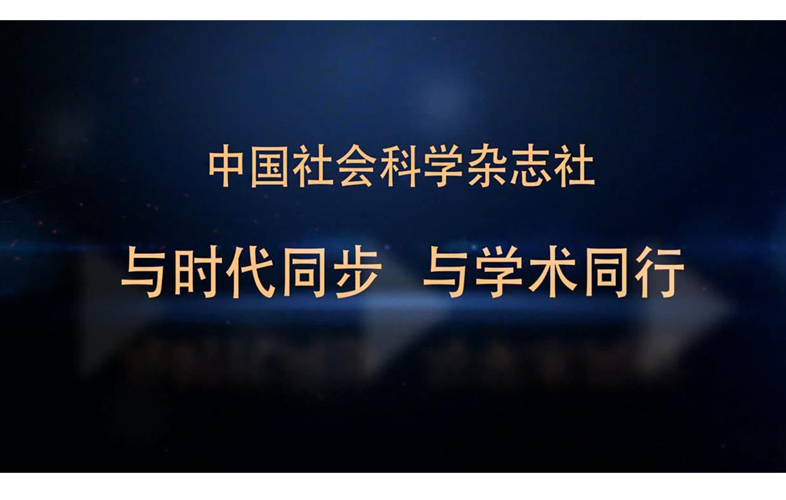Chen Junya
Institute of China Rural Studies, Central China Normal University
Abstract:The question of understanding and dealing with the small peasants (xiao nong) in the course of the transition from traditional agricultural society to modern industrial society is a significant theoretical and practical issue. Previous views emphasized the peasants’vulnerability and suggested that they would eventually be replaced by other business entities.Such proposals cannot explain the fact that it was traditional small peasants who created China’s agrarian civilization and that the small farming household based on the household contract responsibility system is still the main force in China’s agricultural modernization.Re-examining the historical position and vitality of the small peasants, we can see that despite being vulnerable, they are “fragile but unbreakable; weak but never slackening” in their interaction with the external environment under various pressures. Historically, this kind of resilience has been endogenous within the long-term autonomous responsibility mechanism of China’s small peasants, expressed in their reciprocal responsibility as a community of a shared future; in their sharing of burdens as a living community; in their internalization of responsibility as a community of production; and in their joint responsibility as a political community. After 1949, rural reform created conditions for the modern transformation of the resilient small peasant. Organization, socialization and state involvement have further enhanced the modern small peasants’ resilience and developmental capacity, fueling the organic integration of small peasants and modern agriculture and driving the vigor of agricultural modernization.
Keywords: resilient small peasants, responsibility mechanism, agrarian society, modern agriculture



